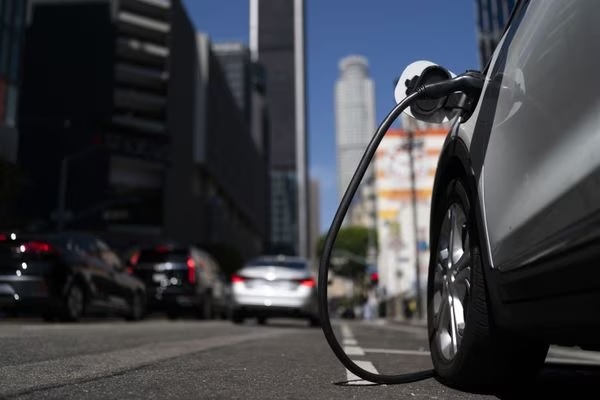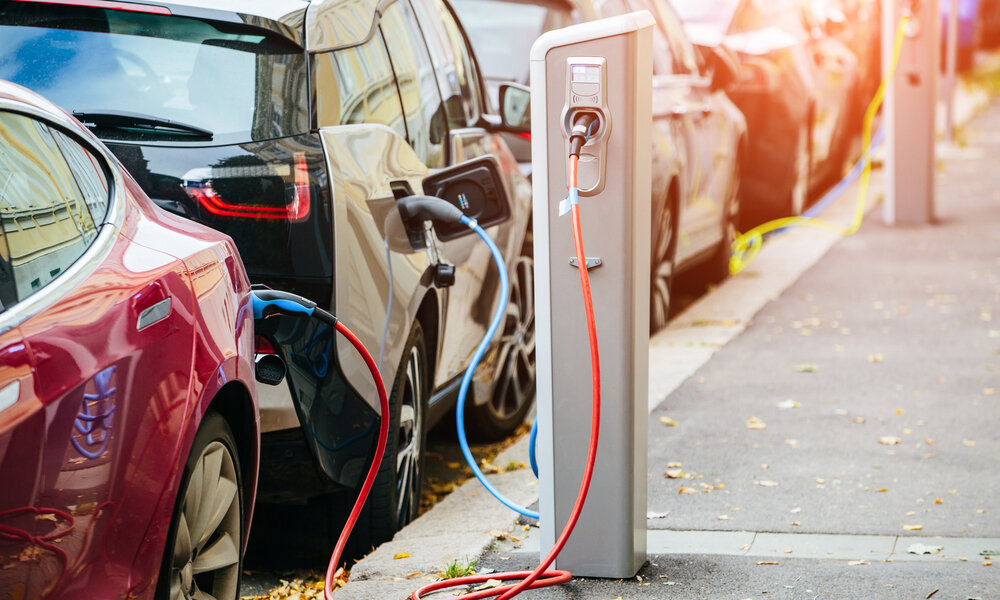The global electric vehicle market is growing at an unprecedented rate, and the demand for charging infrastructure is increasing. The availability of a reliable and efficient charging infrastructure is crucial for the widespread adoption of electric vehicles. In this article, we will take a closer look at the current scenario of the global charging infrastructure and the future trends that are expected to shape the industry.
Current Scenario

The current scenario of the global charging infrastructure is a mixed bag. While some countries have made significant progress in developing a robust charging network, others are lagging behind. According to a report by the International Energy Agency (IEA), there were around 7.3 million electric cars on the road in 2019, and the number is expected to reach 125 million by 2030. However, the report also highlights that the number of charging points per electric car is still low in many countries.
In Europe, the Netherlands is leading the way in terms of charging infrastructure. The country has over 50,000 charging points, which is more than any other country in Europe. Norway, Germany, France, and the UK are the other countries that have made significant progress in developing a charging network. In the United States, California has the most extensive charging infrastructure, followed by New York and Florida.
However, the situation is not the same in all countries. Developing countries such as India and some African countries are struggling to build a reliable charging network. The lack of infrastructure is a significant barrier to the adoption of electric vehicles in these countries.
Future Trends
The future of the global charging infrastructure looks promising, with several trends likely to shape the industry in the coming years. Here are a few future trends to watch out for:
- Fast Charging: Fast charging is gaining popularity, and several companies are investing in developing fast-charging technology. Fast chargers can charge an electric vehicle in a matter of minutes, making it more convenient for drivers.
- Wireless Charging: Wireless charging is another trend that is likely to gain traction in the future. Wireless charging eliminates the need for cables and makes charging more convenient for drivers. Several car manufacturers are already working on developing wireless charging technology.
- Charging Hubs: Charging hubs are likely to become more prevalent in the future. A charging hub is a location that offers multiple charging stations, and also provides other amenities such as restaurants, restrooms, and shops. Charging hubs can make charging more convenient and enjoyable for drivers.
- Renewable Energy: Renewable energy is likely to play a significant role in the future of the charging infrastructure. Charging stations powered by renewable energy sources such as solar and wind are becoming more common, and this trend is likely to continue.
- Smart Charging: Smart charging is another trend that is likely to shape the industry in the future. Smart charging uses advanced algorithms to optimize the charging process, making it more efficient and cost-effective.
Conclusion
The global charging infrastructure is still in its early stages, and there is a lot of work to be done. However, the future looks promising, with several trends likely to shape the industry in the coming years. Fast charging, wireless charging, charging hubs, renewable energy, and smart charging are just a few of the trends that are likely to transform the industry. As the demand for electric vehicles continues to grow, the development of a reliable and efficient charging infrastructure will become even more critical.

